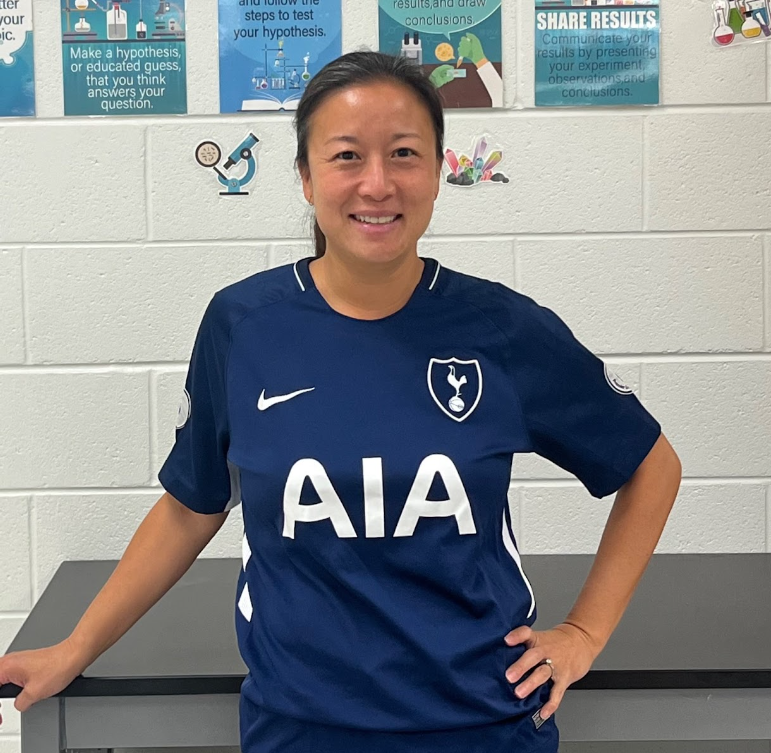As we reach the end of the first quarter of the school year, a disturbing trend has become ever more common in school curricula across the United States, and right here, in Oakton High School. Ever more often, schools have focused on STEM (science, math, engineering, and technology) as they plan their core curriculum, to the detriment of the traditional liberal arts – English, history, art, social studies.
Let’s take a look at the courses that Oakton is pushing. This year, we lost AP Art History, and gained another calculus class. A couple years before that, the AP European History class was canceled, further shrinking the already pitiful list of Social Studies electives. The award-winning Oakton Debate team, which has won state titles and gone to nationals, lacks a banner in the gym or any other sign of significant recognition. Oakton has many award-winning academic extracurriculars, from Model U.N. to It’s Academic, which all seem to go unnoticed by the school community. On the other hand, increasing attention has been devoted to new sections of AP Computer Science, or new math classes.
The courses and activities that are slowly being devalued – from art to social studies – have all been traditional disciplines in the liberal arts, and it is not a coincidence that they have been part of school systems, educational plans, and curricula for hundreds, if not thousands, of years in cultures across the world. Understanding the history of our world and its cultures is essential to becoming a well-rounded, thoughtful individual. The liberal arts are the lifeblood of a good education – an education that tells us not just how to do something, or what buttons to press to get the right major and the right job and the right income, but an education that tells us why. Why do we do what we do, why do we learn the things we learn, and why is the world structured the way it is. These “whys” are the basics that great thinkers and innovators operate from, and can’t possibly be ignored.
Even if we decided that we need to focus on STEM to drive technological growth in the United States, it’s important to note that the vaunted test scores that show America “falling behind” in math and science have never been an indicator of our success. Nations such as South Korea, Japan, Singapore, and Hong Kong, have dominated the tests since their introduction during the late 1960s – even during the times that America was succeeding and excelling the most. Even more importantly, the great technological innovators of recent years have always integrated the liberal arts and humanities alongside technological and scientific work. Steve Jobs said the iPad was as much a work of sociology and psychology as much as it was of science. Facebook founder Mark Zuckerberg set out to major in psychology in college before he dropped out and studied ancient Greek during high school. The core skills that the liberal arts and humanities teach students – critical thinking, decision making, creativity, and insight – are even more important today, not less, and forgetting that would be a critical mistake.
What has always driven the success of students in America is not, and never has been, simple technological, scientific, or mathematical skill. Rather, it’s our self-confidence, our creativity, our will to succeed. It’s an energy that permeates us and our culture, and drives us. The broad-based education, with a strong foundation in the liberal arts, has been and is one of our greatest aspects. While it is undeniable that some technological education is needed, it shouldn’t happen thanks to the loss of other valuable disciplines.




